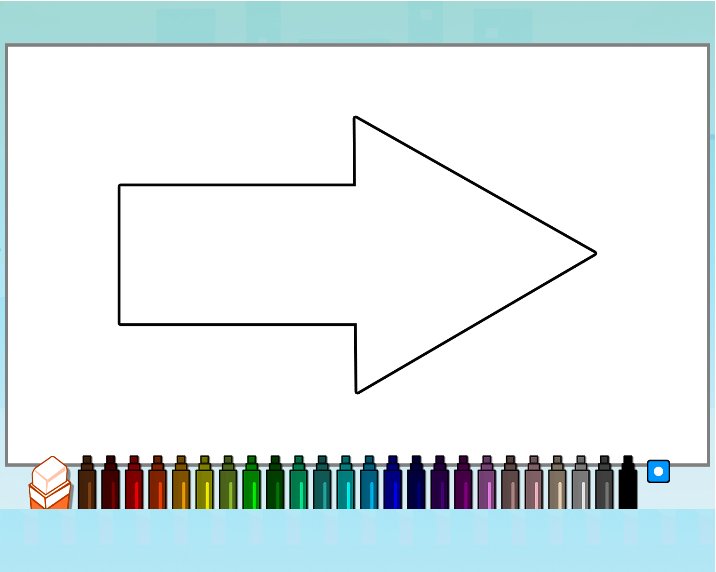
For example, all the square-shaped toys would go into the square. You could have your kiddo put different shaped items into the shapes on the floor.You could arrange toys around the border of the shape, like legos.Make several shapes on the floor, then you could throw a ball and see which shape the ball falls into.For example, saying, “Wow, your car went fast around the triangle,” helps drive home the concept.

To make sure the lesson sticks, keep using the shape name as you play together.

Just add one or all of these mostly free and fun activities to your daily routine, and you can look forward to watching your child quickly start naming the colors of their shirt or the shapes they see in their environment. Keep in mind, however, that helping your child learn their shapes does not have to take a monumental effort or drain your budget. For this reason, the years between one and three are perfect for making this new skill a major priority in your family.

Although you can begin to introduce these concepts during infancy by using color and shape words in your daily communication, your child is ready to begin saying them back to you once they can talk. The toddler years (age 1 – 3) are the perfect time to begin working on color recognition. When you think about it, your child will use the ability to recognize colors and shapes for the rest of their life. Color recognition is a basic component of scientific knowledge and the creative arts. For instance, learning their shapes gives your child a foundation upon which they can build their spatial awareness and mathematical abilities.

The ability to identify a triangle or the color red may seem like simple and basic concepts to you and me, but these concepts truly pave the way for more complicated skills later on. The toddler years are a time full of wonder when you have the opportunity to enjoy teaching your child new concepts, and recognizing shapes and colors is one of the most important skills to teach for stimulating your child’s development.


 0 kommentar(er)
0 kommentar(er)
